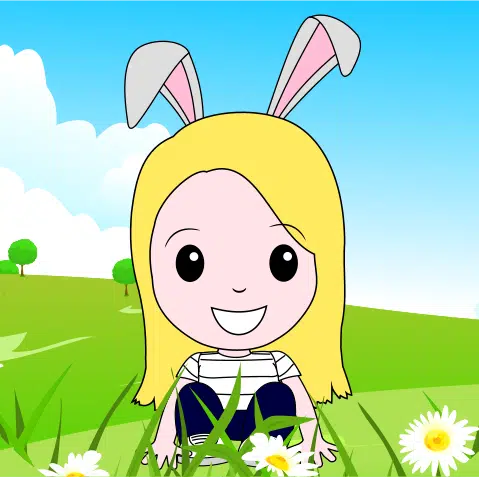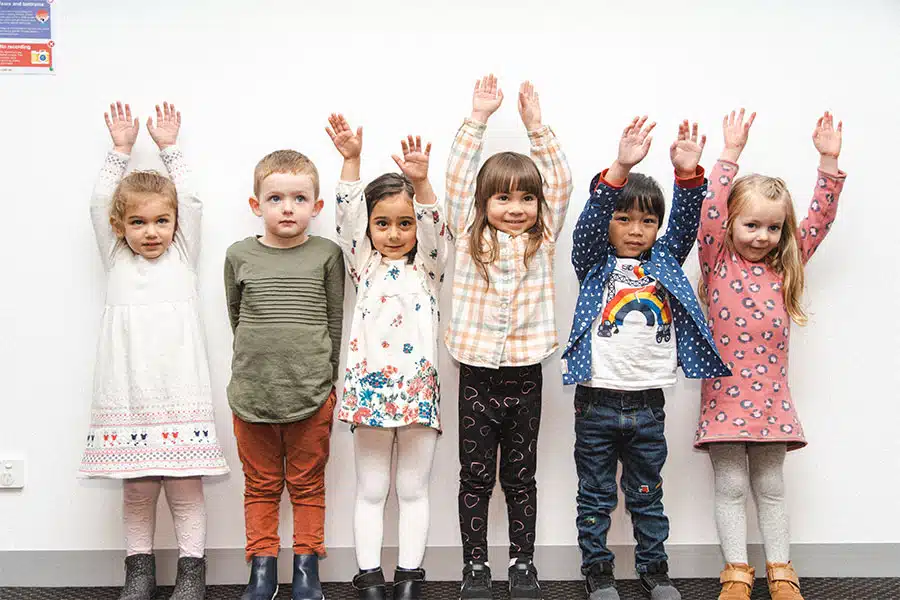Image training starts at 6 months and will accommodate your child’s age and output abilities. These image training activities are taught using the Shichida early learning method and adapt as your child grows with us.
For example, children over 2 years of age will close their eyes during some activities. Image training is demonstrated by the instructor with descriptive words. Ultimately, this skill is important to learn as it heightens their creativity and visualisation skills.


